
漢德百科全書 | 汉德百科全书
 Important International Organizations
Important International Organizations

 Argentina
Argentina
 Australia
Australia
 Belgium
Belgium
 Brazil
Brazil
 China
China
 Denmark
Denmark
 Germany
Germany

 Financial
Financial
 International Bank for Cooperation
International Bank for Cooperation
 France
France
 India
India
 Indonesia
Indonesia
 Internationaler Währungsfonds
Internationaler Währungsfonds
 Camille Gutt
Camille Gutt
 Internationaler Währungsfonds
Internationaler Währungsfonds
 Christine Lagarde
Christine Lagarde
 Internationaler Währungsfonds
Internationaler Währungsfonds
 Dominique Strauss-Kahn
Dominique Strauss-Kahn
 Internationaler Währungsfonds
Internationaler Währungsfonds
 Horst Köhler
Horst Köhler
 Internationaler Währungsfonds
Internationaler Währungsfonds
 Ivar Rooth
Ivar Rooth
 Internationaler Währungsfonds
Internationaler Währungsfonds
 Jacques de Larosière
Jacques de Larosière
 Internationaler Währungsfonds
Internationaler Währungsfonds
 Johan Witteveen
Johan Witteveen
 Internationaler Währungsfonds
Internationaler Währungsfonds
 Michel Camdessus
Michel Camdessus
 Internationaler Währungsfonds
Internationaler Währungsfonds
 Per Jacobsson
Per Jacobsson
 Internationaler Währungsfonds
Internationaler Währungsfonds
 Pierre-Paul Schweitzer
Pierre-Paul Schweitzer
 Internationaler Währungsfonds
Internationaler Währungsfonds
 Rodrigo Rato
Rodrigo Rato
 Internationaler Währungsfonds
Internationaler Währungsfonds
 Kristalina Georgiewa
Kristalina Georgiewa
 Italy
Italy
 Japan
Japan
 Canada
Canada
 Malaysia
Malaysia
 Mexico
Mexico
 Netherlands
Netherlands
 Nigeria
Nigeria
 Norwegen
Norwegen
 Austria
Austria
 Poland
Poland
 Republic of Korea
Republic of Korea
 Russia
Russia
 Saudi Arabia
Saudi Arabia
 Sweden
Sweden
 Switzerland
Switzerland
 Spain
Spain
 South Africa
South Africa
 Venezuela
Venezuela
 United States
United States
 United Kingdom
United Kingdom

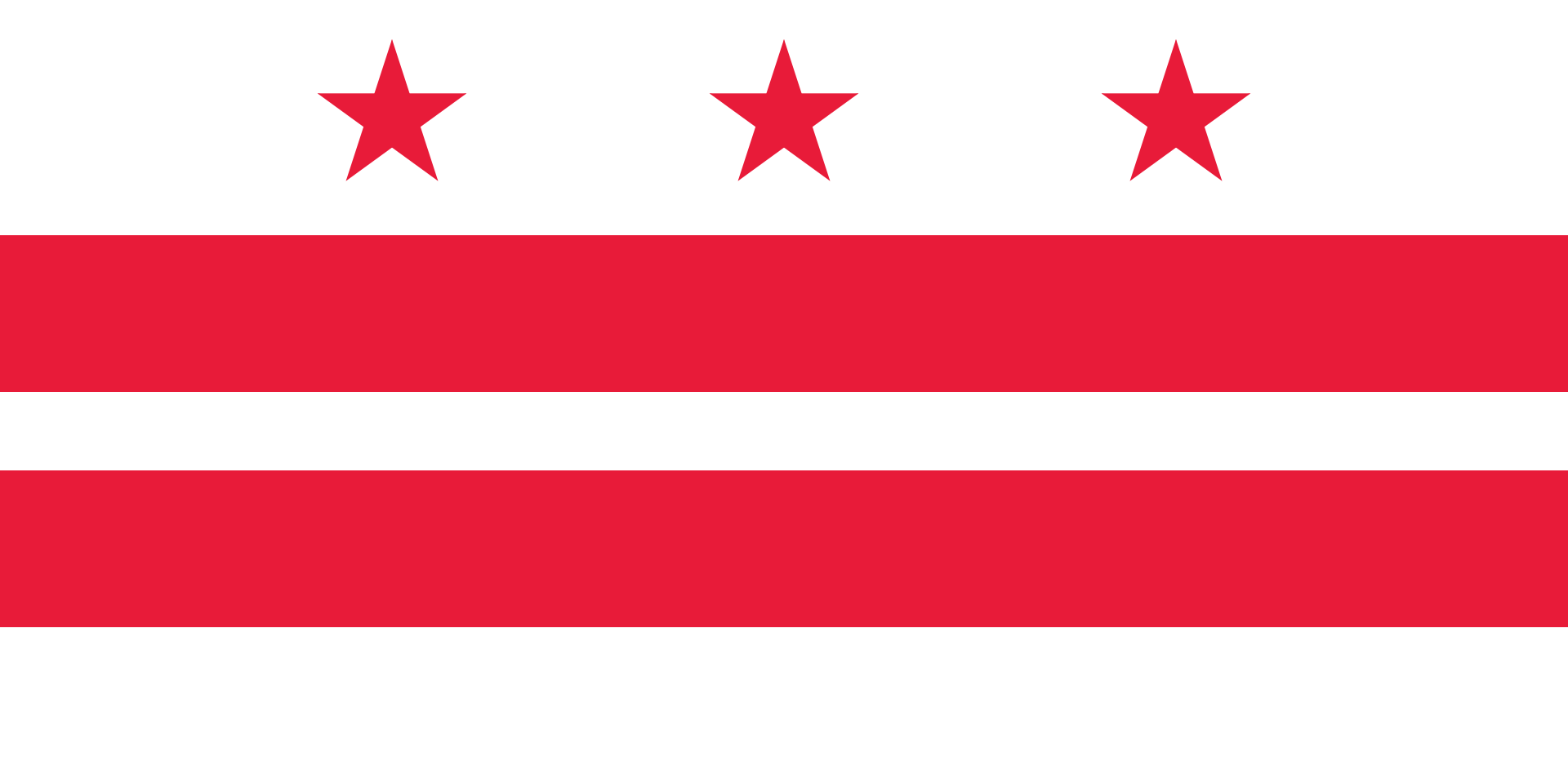 Washington, D.C.
Washington, D.C.

 Important International Organizations
Important International Organizations

 Economy and trade
Economy and trade
 Economic and political research
Economic and political research

Der Internationale Währungsfonds (IWF; englisch International Monetary Fund, IMF; auch bekannt als Weltwährungsfonds) ist eine rechtlich, organisatorisch und finanziell selbständige Sonderorganisation der Vereinten Nationen mit Sitz in Washington, D.C., USA.
Hauptaufgabe des IWF ist die Vergabe von Krediten an Länder ohne ausreichende Währungsreserven, die in Zahlungsbilanzschwierigkeiten geraten sind. Weitere Tätigkeitsfelder sind die Förderung der internationalen Zusammenarbeit in der Währungspolitik, Ausweitung des Welthandels, Stabilisierung von Wechselkursen, Überwachung der Geldpolitik und technische Hilfe.
Der IWF und seine Schwesterorganisation Weltbank haben ihren Ursprung im 1944 geschaffenen Bretton-Woods-System fester Wechselkurse, das auf der damals mit Gold gedeckten Leitwährung US-Dollar beruhte. Sie waren als internationale Steuerungsinstrumente geplant, mit denen eine Wiederholung der Währungsturbulenzen der Zwischenkriegszeit und der Fehler des Goldstandards aus den 1920er Jahren verhindert werden sollte. Beide Organisationen werden daher als Bretton-Woods-Institution bezeichnet. Die Kreditvergabe des IWF ist an wirtschaftspolitische Auflagen geknüpft, die die Rückzahlung der Kredite sichern sollen. Anders als der IWF vergibt die Weltbank auch Kredite für spezielle Projekte.
Der IWF hat zurzeit (Stand April 2020) 189 Mitgliedstaaten, deren Stimmrecht sich an ihrem Kapitalanteil orientiert. Die Mitgliedstaaten mit den größten Stimmanteilen sind: USA 16,51 %, Japan 6,15 %, China 6,08 %, Deutschland 5,32 %, Frankreich 4,03 %, Vereinigtes Königreich 4,03 % und Italien 3,02 %. Von den deutschsprachigen Ländern haben außerdem Luxemburg 0,29 %, Österreich 0,81 % und die Schweiz 1,18 % Stimmenanteile.[4]
Beschlüsse müssen im IWF mit einer Mehrheit von 85 % getroffen werden. Dadurch verfügen jeweils die USA allein und die EU-Staaten gemeinsam de facto über eine Sperrminorität.[5]
国际货币基金组织(法语:Fonds Monétaire International,缩写:FMI;英语:International Monetary Fund,缩写:IMF)于1945年12月27日成立,与世界银行同为世界两大金融机构,由189个国家组成,致力于促进全球货币合作,确保金融稳定,促进国际贸易。职责是监察货币汇率和各国贸易情况、提供技术和资金协助[3][4][5],确保全球金融制度运作正常;其总部设置于美国华盛顿特区。
国際通貨基金(こくさいつうかききん、英語: International Monetary Fund, IMF)は、国際金融、並びに、為替相場の安定化を目的として設立された国際連合(国連)の専門機関である。本部は、アメリカ合衆国の首都ワシントンD.C.にある。2018年現在、加盟国は189か国である[2]。
加盟国の経常収支が著しく悪化した場合などに融資などを実施することで、国際貿易の促進、加盟国の高水準の雇用と国民所得の増大、為替の安定、などに寄与する事を目的としている。 また、為替相場の安定のために、経常収支が悪化した国への融資や、為替相場と各国の為替政策の監視などを行っている。各国の中央銀行の取りまとめ役のような役割を負う。世界銀行と共に、国際金融秩序の根幹を成す。
The International Monetary Fund (IMF) is an international organization headquartered in Washington, D.C., consisting of 189 countries working to foster global monetary cooperation, secure financial stability, facilitate international trade, promote high employment and sustainable economic growth, and reduce poverty around the world while periodically depending on the World Bank for its resources.[1] Formed in 1944 at the Bretton Woods Conference primarily by the ideas of Harry Dexter White and John Maynard Keynes,[6] it came into formal existence in 1945 with 29 member countries and the goal of reconstructing the international payment system. It now plays a central role in the management of balance of payments difficulties and international financial crises.[7] Countries contribute funds to a pool through a quota system from which countries experiencing balance of payments problems can borrow money. As of 2016, the fund had XDR 477 billion (about US$ 667 billion).[8]
Through the fund and other activities such as the gathering of statistics and analysis, surveillance of its members' economies, and the demand for particular policies,[9] the IMF works to improve the economies of its member countries.[10] The organization's objectives stated in the Articles of Agreement are:[11] to promote international monetary co-operation, international trade, high employment, exchange-rate stability, sustainable economic growth, and making resources available to member countries in financial difficulty.[12] IMF funds come from two major sources: quotas and loans. Quotas, which are pooled funds of member nations, generate most IMF funds. The size of a member's quota depends on its economic and financial importance in the world. Nations with larger economic importance have larger quotas. The quotas are increased periodically as a means of boosting the IMF's resources in the form of special drawing rights.[13]
The current Managing Director (MD) and Chairwoman of the IMF is Bulgarian Economist Kristalina Georgieva, who has held the post since October 1, 2019.[14]
Gita Gopinath was appointed as Chief Economist of IMF from 1 October 2018. She received her PhD in economics from Princeton University. Prior to her IMF appointment she was economic adviser to the Chief Minister of Kerala, India.[15]
Le Fonds monétaire international (FMI) est une institution internationale regroupant 189 pays, dont le but est de promouvoir la coopération monétaire internationale, garantir la stabilité financière, faciliter les échanges internationaux, contribuer à un niveau élevé d’emploi, à la stabilité économique et faire reculer la pauvreté2.
Le FMI a ainsi pour fonction d'assurer la stabilité du système monétaire international (SMI) et la gestion des crises monétaires et financières. Pour cela, il fournit des crédits aux pays qui connaissent des difficultés financières mettant en péril l'organisation gouvernementale du pays, la stabilité de son système financier (banques, marchés financiers) ou les flux d'échanges de commerce international avec les autres pays.
Lors d'une crise financière, pour éviter qu’un pays ne fasse « défaut » (c’est-à-dire que ce pays ne puisse plus rembourser ses créanciers, voire ne plus payer ses dépenses courantes), le FMI lui prête de l’argent le temps que la confiance des agents économiques revienne. Le FMI conditionne l’obtention de prêts à la mise en place de certaines réformes économiques visant en principe à réguler la gestion des finances publiques (ingérence financière) et à établir une croissance économique équilibrée à long terme.
L'institution a été créée le 27 décembre 1945 et devait à l'origine garantir la stabilité du système monétaire international, dont l'écroulement après le krach de 1929 avait eu des effets catastrophiques sur l'économie mondiale. Après 1976 et la disparition d’un système de change fixe, le FMI perd l'essentiel de sa raison d'être et hérite d'un nouveau rôle face aux problèmes d'endettement des pays en développement et à certaines crises financières.
Il Fondo Monetario Internazionale (in sigla FMI; in inglese International Monetary Fund, IMF) è un'organizzazione internazionale pubblica[1] a carattere universale composta dai governi nazionali di 189 Paesi e insieme al gruppo della Banca Mondiale fa parte delle organizzazioni internazionali dette di Bretton Woods, dal nome della località in cui si tenne la famosa conferenza che ne sancì la creazione. L'FMI è stato formalmente istituito il 27 dicembre 1945, quando i primi 44 stati firmarono l'accordo istitutivo e l'organizzazione nacque nel maggio del 1946. Attualmente gli Stati membri sono 189.
El Fondo Monetario Internacional o FMI (en inglés: International Monetary Fund, IMF) es una organización financiera internacional con sede en Washington D. C., Estados Unidos. Nace como idea el 22 de julio de 1944 en los acuerdos de Bretton Woods, una reunión de 730 delegados de 44 países aliados de la Segunda Guerra Mundial, entrando en vigor oficialmente el 27 de diciembre de 1945. Después de 1976 y de la desaparición del sistema de cambio fijo, el FMI toma un papel preponderante ante países en desarrollo y crisis financieras internacionales. En 2010, durante la 14ª revisión general de cuotas los fondos financieros disponibles del FMI se situaban en 755 700 millones de U.S.dólares.1
A través del fondo y otras actividades como la recolección de estadísticas y datos, monitoreo de las actividades económicas de los países miembros, y la demanda de políticas concretas,2 el FMI trabaja para mejorar la economía de sus países miembros.3 Los objetivos proclamados por la organización son:4 promover la cooperación monetaria internacional, comercio internacional, reducir la desocupación, conseguir tasas de cambio sustentables, lograr crecimiento económico, y otorgar razonablemente recursos a países miembros en dificultades económicas.5 El FMI se financia con dos grandes herramientas: cuotas y préstamo. Las cuotas son aportes realizados por los países miembros al fondo común de la organización. Las mayores economías hacen aportes proporcionales mayores que las economías más pequeñas. Además, las obligaciones de cuotas aumentan periódicamente como forma de aumentar los recursos de los que puede disponer el FMI en forma de derechos especiales de giro.6
Esta organización ha sido fuertemente criticada en las últimas décadas. Las principales críticas se centran en el papel dominante que tienen los países desarrollados dentro del organismo, lo que causa que el FMI oriente sus políticas globales al fomento de un capitalismo que suele denominarse neoliberal,7 a causa de haber impuesto a los países en vías de desarrollo —y más recientemente a algunos países europeos— sus programas económicos basados en el Consenso de Washington que consisten en la reducción del déficit y del gasto público y consecuentemente de servicios y prestaciones sociales, con fundamento en las políticas y teorías monetaristas y en el principio de libre mercado,8 que deben llevarse a cabo como condiciones de los préstamos realizados y que según sus críticos ha provocado un aumento de la brecha entre ricos y pobres y un empeoramiento de los servicios públicos, como la sanidad.9 También está acusada por haber apoyado y financiado a las dictaduras militares en Latinoamérica y Africa,10 y se le han criticado puntualmente sus políticas sobre medio ambiente11 y alimentación.12
Международный валютный фонд, (МВФ) (англ. International Monetary Fund, IMF) — специализированное учреждение (валютный фонд) Организации объединённых наций (ООН) с главным офисом в городе Вашингтон, США.
189 стран являются членами МВФ, в его структурах работают 2500 человек из 133 государств мира. МВФ предоставляет кратко- и среднесрочные кредиты при дефиците платёжного баланса государства. Предоставление кредитов обычно сопровождается набором определённых условий и рекомендаций. Политика и рекомендации МВФ в отношении развивающихся стран неоднократно подвергались критике, суть которой состоит в том, что выполнение рекомендаций и условий, в итоге, направлено не на повышение самостоятельности, стабильности и развитие национальной экономики государства, а лишь на привязывание её к международным финансовым потокам.
В отличие от Всемирного банка, деятельность МВФ сосредоточена на относительно кратковременных макроэкономических кризисах. Всемирный банк предоставляет кредиты только бедным странам, МВФ может давать кредиты любой из своих стран-членов, которая испытывает нехватку иностранной валюты для покрытия краткосрочных финансовых обязательств.
 International Labour Organization,ILO
International Labour Organization,ILO
 Guy Ryder
Guy Ryder
 International Labour Organization,ILO
International Labour Organization,ILO
 Gilbert Houngbo
Gilbert Houngbo

 Medical, Pharmaceutical, Rehabilitation
Medical, Pharmaceutical, Rehabilitation
 Nobel prize
Nobel prize
 Nobel prize
Nobel prize
 1969
1969
 Nobel prize
Nobel prize
 Nobel Peace Prize
Nobel Peace Prize
 Switzerland
Switzerland
 Genf
Genf

 Important International Organizations
Important International Organizations

国际劳工组织(英语:International Labour Organization - ILO;法语:Organisation internationale du Travail;西班牙语:Organización Internacional del Trabajo)是联合国的一个专门机构,也是联合国唯一的三方机构(政府、雇主和工人)。该组织成立于1919年,其设立是《凡尔赛和约》的组成部分。该组织制订劳工标准、政策和计划,促进所有女性和男性享有体面劳动,追求社会正义以建立世界持久和平。[1]该组织因保障社会正义、努力增进国家间情谊获得了1969年诺贝尔和平奖。[2]截至2021年3月,该组织共有187个成员国。
1919年1月至4月期间,巴黎和会先后于巴黎和凡尔赛宫召开了会议,其设立的劳工委员会起草了《国际劳工组织章程》,国际劳工组织作为国际联盟的附属机构成立。《章程》借鉴了国际劳工立法协会(1901年于巴塞尔成立)运作中产生的理念,其序言概括了包括安全、人道、政治和经济等驱动该组织诞生的因素。
Die Internationale Arbeitsorganisation (IAO,[3] auch ILO; englisch: International Labour Organization, ILO; französisch: Organisation internationale du travail, OIT; spanisch: Organización Internacional del Trabajo, OIT) ist eine Sonderorganisation der Vereinten Nationen und damit beauftragt, soziale Gerechtigkeit sowie Menschen- und Arbeitsrechte zu fördern.[4] Dies schließt die Bekämpfung des Menschenhandels mit ein.[5]

 Formel-1-Weltmeisterschaft 2017
Formel-1-Weltmeisterschaft 2017
 Formel-1-Weltmeisterschaft 2018
Formel-1-Weltmeisterschaft 2018
 France
France

 Ile-de-France
Ile-de-France

 Motorsport
Motorsport
 Formula E Championship
Formula E Championship

 Sport
Sport

 Important International Organizations
Important International Organizations
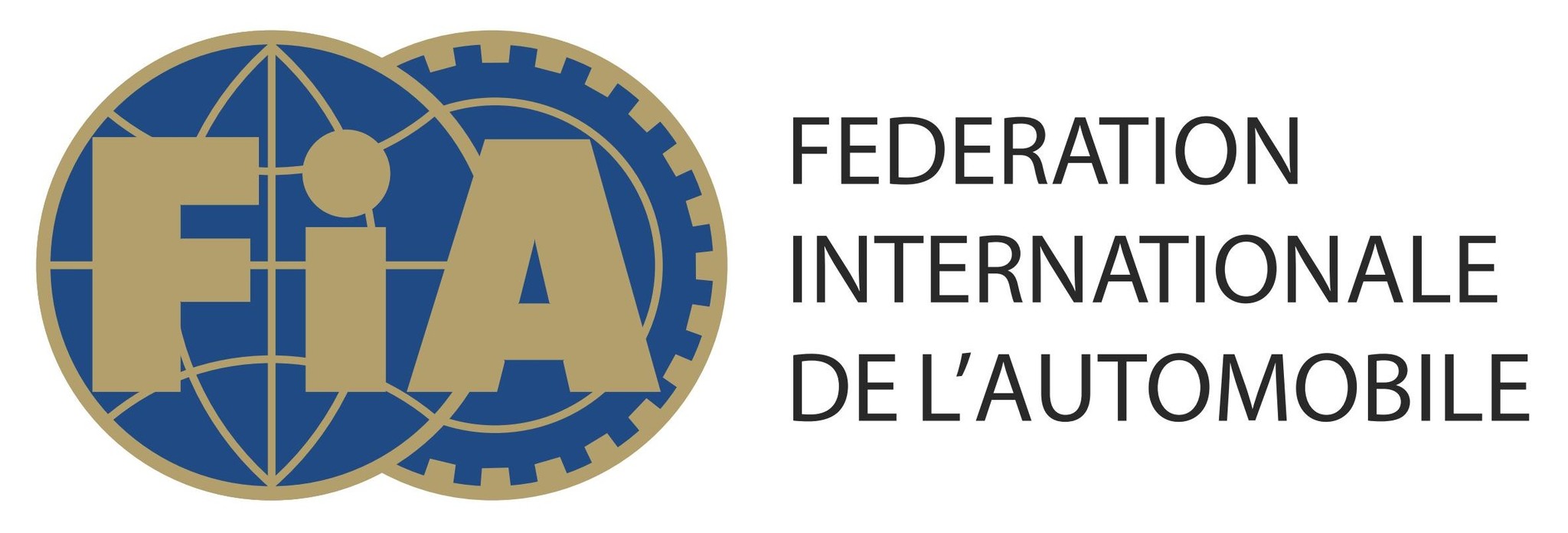
国际汽车联合会(简称国际汽联;法语:Fédération Internationale de l'Automobile,缩写:FIA),为成立于1904年6月20日的非牟利性国际组织,主要致力于促进赛车运动,为所有世界各地的驾驶者提供安全、可持续和无障碍的驾驶环境。其成员包括全球145个国家的246个组织。总部位于法国巴黎(未来将迁至瑞士苏黎世),现任主席为让·托德(Jean Todt)。
国际汽车联合会通常被人们认为是汽车与摩托车运动的主管组织。1922年,国际汽联将汽车与摩托车运动事项交与国际运动委员会(Commission Sportive Internationale),这个自治组织后来即演变为国际汽车运动联合会(Fédération Internationale du Sport Automobile)。1993年,国际汽车联合会重组,国际汽车运动联合会被撤消,其相关事务被纳入国际汽车联合会的直接管理之下。
国際自動車連盟(こくさいじどうしゃれんめい、フランス語: Fédération Internationale de l'Automobile)は、世界各国の自動車団体により構成される非営利の国際機関、国際競技連盟。略称はFIA。
The Fédération Internationale de l'Automobile (FIA; English: International Automobile Federation) is an association established on 20 June 1904 to represent the interests of motoring organisations and motor car users. To the general public, the FIA is mostly known as the governing body for many auto racing events, such as the well-known Formula One. The FIA also promotes road safety around the world.
Headquartered at 8 Place de la Concorde, Paris, with offices in Geneva and Valleiry, the FIA consists of 246 member organisations in 145 countries worldwide.[2] Its current president is Jean Todt.
The FIA is generally known by its French name or initials, even in non-French-speaking countries, but is occasionally rendered as International Automobile Federation.
La Fédération internationale de l'automobile1 (FIA) est une organisation à but non lucratif, sise au 8 place de la Concorde à Paris, France, qui regroupe 240 membres dans 144 pays. Créée en 1904, elle est surtout connue pour sa gestion des plus importantes épreuves de course automobile mondiales, mais son étendue comprend tout ce qui concerne l'automobile, routes, mobilité, environnement, sécurité routière, etc.
La Fédération Internationale de l'Automobile (la denominazione francese è quella ufficiale), in sigla FIA, in italiano Federazione Internazionale dell'Automobile, è una federazione di circa 240 Automobile Club di 144 paesi del mondo, rappresentanti circa 80 milioni di automobilisti[2].
La Federación Internacional del Automóvil conocida también como FIA (en francés, Fédération Internationale de l'Automobile), es una organización sin ánimo de lucro con sede en la Plaza de la Concordia de París, Francia, y que incluye 268 organizaciones automovilísticas de 143 países. Fundada en 1904, es mundialmente conocida por regular las competiciones de automovilismo más importantes del mundo, pero su ámbito de aplicación incluye todos los aspectos del automóvil, las carreteras, la movilidad, el medio ambiente o seguridad vial.
Международная автомобильная федерация (фр. Fédération Internationale de l'Automobile), FIA (ФИА) — некоммерческая организация, основанная 20 июня 1904 года для представления интересов автомобильных организаций и владельцев автомобилей.
 China
China

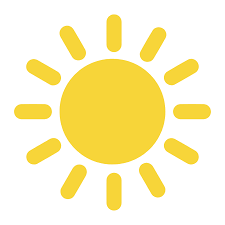 Energy resource
Energy resource

 Energy resource
Energy resource
 *Electrical power
*Electrical power

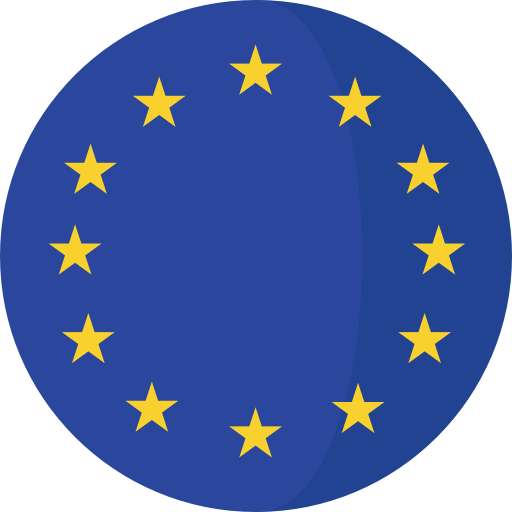 European Union
European Union
 France
France
 Japan
Japan

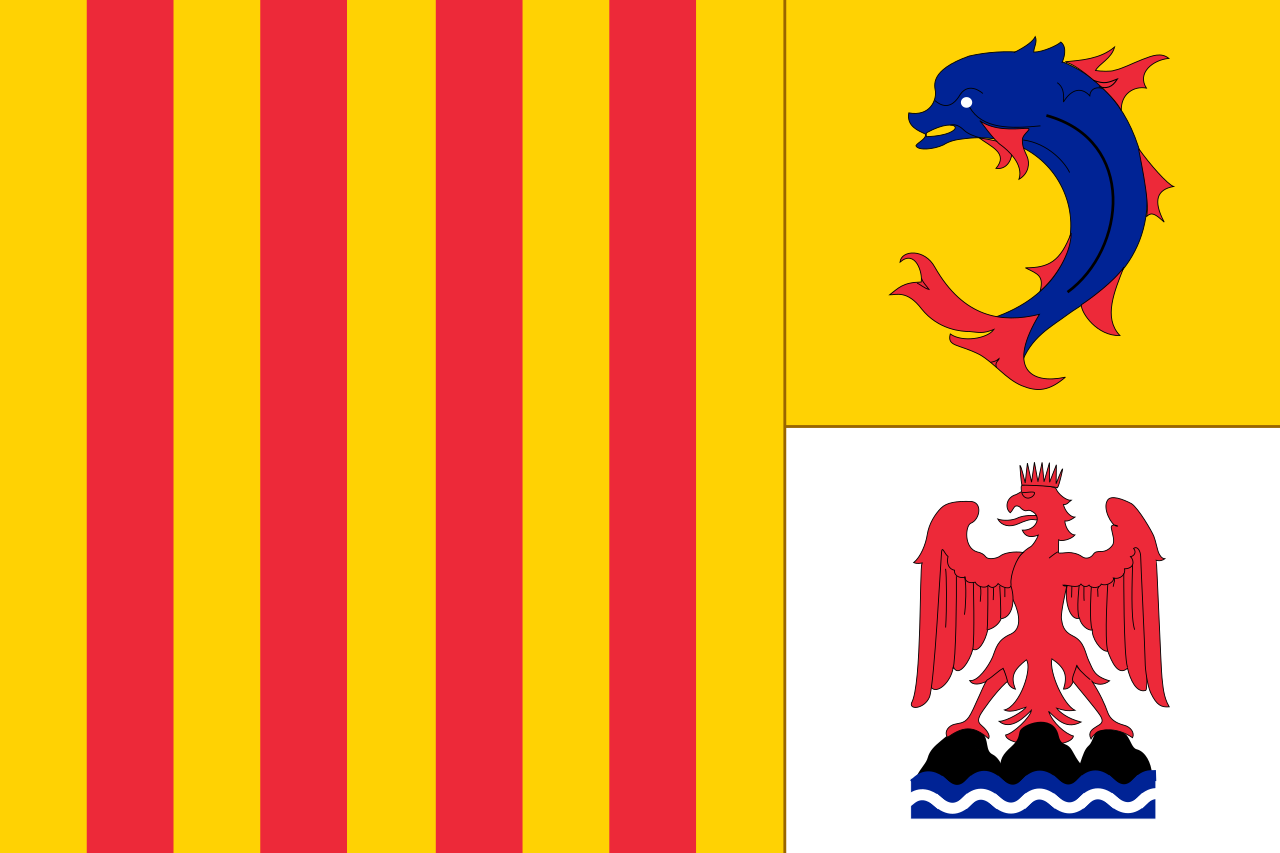 Provence-Alpes-Côte d´Azur
Provence-Alpes-Côte d´Azur
 Republic of Korea
Republic of Korea
 Russia
Russia
 United States
United States

 Important International Organizations
Important International Organizations

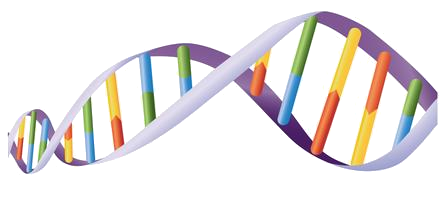 Science and technology
Science and technology

 Science and technology
Science and technology
 Technology concepts
Technology concepts
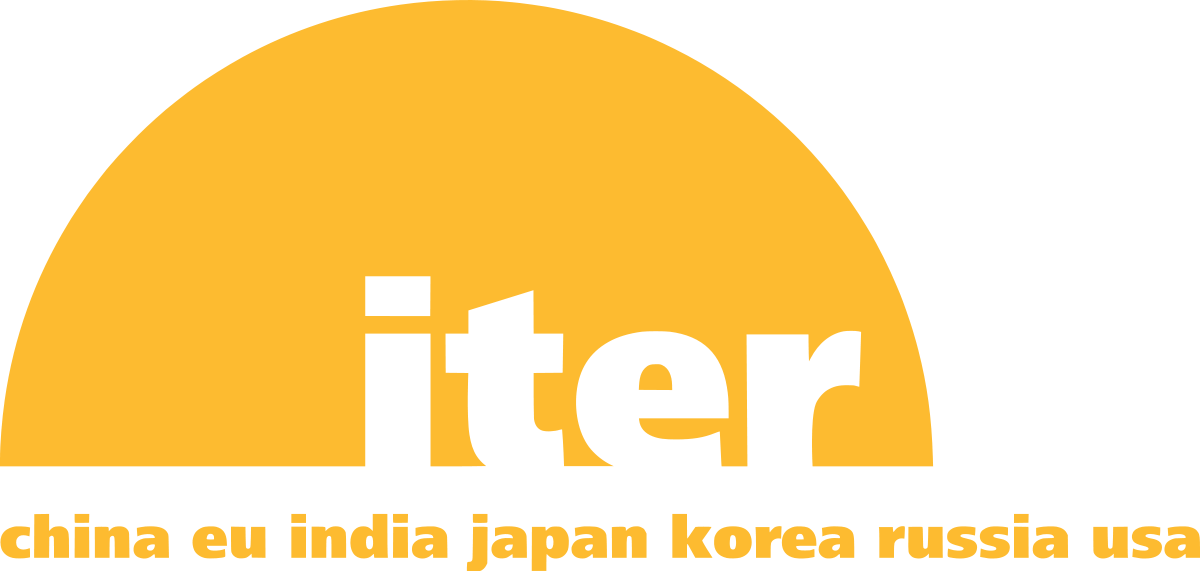
 *British think tank
*British think tank
 Nobel prize
Nobel prize
 Nobel prize
Nobel prize
 1977
1977
 Nobel prize
Nobel prize
 Nobel Peace Prize
Nobel Peace Prize

 Important International Organizations
Important International Organizations

国际特赦组织(英语:Amnesty International,缩写为AI;又称为大赦国际),是一个国际非政府组织,总部位于英国伦敦,致力于推动全球人权事业的发展,在全球拥有大约七百万成员及支持者。该组织的工作方针是对人权状况进行调研,采取相应行动,寻求终结各种侵犯人权的行为,并且为那些遭受迫害的人们伸张正义。[1][2][3]
国际特赦组织于1961年由彼得·本南森在英国伦敦宣告成立,同年5月28日在英国《观察家报》发表了题为《被遗忘的囚犯》的文章。[4]国际特赦旨在让公众更多地去关注侵犯人权的事件,以及依照国际法准则及其精神而举办的各类活动;[1]亦旨在动员公众舆论,对侵犯人权的政府施加压力,以期改变。与此同时,国际特赦也对各国实行的死刑制度进行了批评,认为死刑制度就是对人权“最为终极”、“最为彻底”的否定。国际特赦组织因其进行的反酷刑运动和所做出的贡献,荣获1977年的诺贝尔和平奖,亦获得了1978年的联合国人权奖。
Amnesty International (von englisch amnesty, Begnadigung, Straferlass, Amnestie) ist eine nichtstaatliche (NGO) und Non-Profit-Organisation, die sich weltweit für Menschenrechte einsetzt. Grundlage ihrer Arbeit sind die Allgemeine Erklärung der Menschenrechte und andere Menschenrechtsdokumente, wie beispielsweise der Internationale Pakt über bürgerliche und politische Rechte und der Internationale Pakt über wirtschaftliche, soziale und kulturelle Rechte. Die Organisation recherchiert Menschenrechtsverletzungen, betreibt Öffentlichkeits- und Lobbyarbeit und organisiert unter anderem Brief- und Unterschriftenaktionen für alle Bereiche ihrer Tätigkeit.
 AFC Champions League 2015
AFC Champions League 2015
 AFC Champions League 2017
AFC Champions League 2017
 AFC Champions League 2017
AFC Champions League 2017
 AFC Champions League 2018
AFC Champions League 2018
 AFC Champions League 2019
AFC Champions League 2019
 Asian Football Confederation
Asian Football Confederation
 CONCACAF
CONCACAF
 Confederación Sudamericana de Fútbol
Confederación Sudamericana de Fútbol
 Confederation of African Football
Confederation of African Football
 FIFA
FIFA
 FIFA Fussball-Weltmeisterschaft 1990
FIFA Fussball-Weltmeisterschaft 1990
 FIFA Fussball-Weltmeisterschaft 1994
FIFA Fussball-Weltmeisterschaft 1994
 FIFA Fussball-Weltmeisterschaft 1998
FIFA Fussball-Weltmeisterschaft 1998
 FIFA Fussball-Weltmeisterschaft 2002
FIFA Fussball-Weltmeisterschaft 2002
 FIFA Fussball-Weltmeisterschaft 2006
FIFA Fussball-Weltmeisterschaft 2006
 FIFA Fussball-Weltmeisterschaft 2010
FIFA Fussball-Weltmeisterschaft 2010
 FIFA Fussball-Weltmeisterschaft 2014
FIFA Fussball-Weltmeisterschaft 2014
 FIFA Fussball-Weltmeisterschaft 2018
FIFA Fussball-Weltmeisterschaft 2018
 FIFA Fussball-Weltmeisterschaft 2022
FIFA Fussball-Weltmeisterschaft 2022

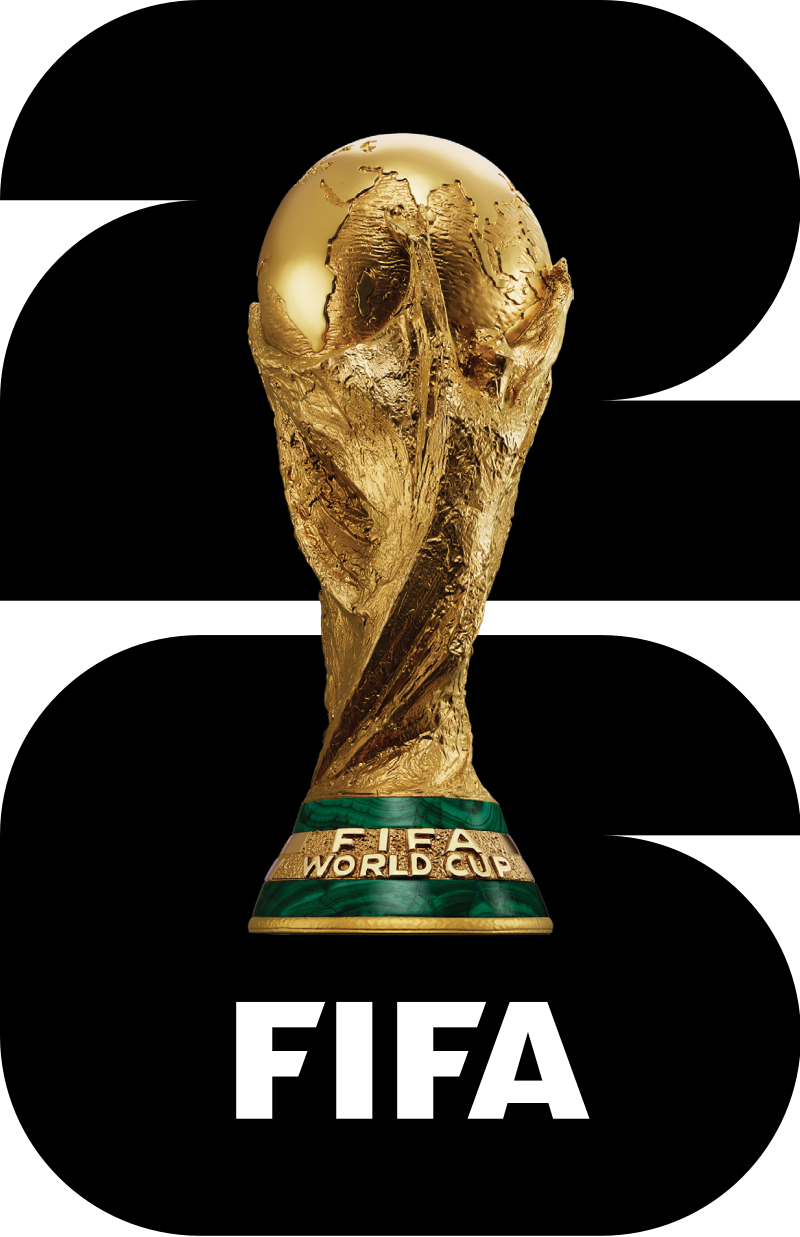 FIFA Fussball-Weltmeisterschaft 2026
FIFA Fussball-Weltmeisterschaft 2026
 FIFA-Konföderationen-Pokal 2013
FIFA-Konföderationen-Pokal 2013
 FIFA-Konföderationen-Pokal 2017
FIFA-Konföderationen-Pokal 2017
 Women's Soccer World Cup 1991
Women's Soccer World Cup 1991
 Women's Soccer World Cup 1995
Women's Soccer World Cup 1995
 Women's Soccer World Cup 1999
Women's Soccer World Cup 1999
 Women's Soccer World Cup 2003
Women's Soccer World Cup 2003
 Women's Soccer World Cup 2007
Women's Soccer World Cup 2007
 Women's Soccer World Cup 2011
Women's Soccer World Cup 2011
 Women's Soccer World Cup 2015
Women's Soccer World Cup 2015
 Women's Soccer World Cup 2019
Women's Soccer World Cup 2019
 Oceania Football Confederation
Oceania Football Confederation
 Switzerland
Switzerland
 Zurich
Zurich

 Sport
Sport
 (F)Football Women's World Cup
(F)Football Women's World Cup

 Sport
Sport
 (F)International soccer leagues
(F)International soccer leagues

 Sport
Sport
 (F)AFC Champions League
(F)AFC Champions League

 Sport
Sport
 (F)CAF Champions League
(F)CAF Champions League

 Sport
Sport
 (F)CONCACAF Champions League
(F)CONCACAF Champions League

 Sport
Sport
 (F)Copa Libertadores
(F)Copa Libertadores

 Sport
Sport
 (F)UEFA Champions League
(F)UEFA Champions League

 Sport
Sport
 (F)European football championship
(F)European football championship

 Sport
Sport
 (F)FIFA U-20 World Cup
(F)FIFA U-20 World Cup

 Sport
Sport
 (F)FIFA Confederations Cup
(F)FIFA Confederations Cup

 Sport
Sport
 (F)Soccer Asia Cup
(F)Soccer Asia Cup

 Sport
Sport
 (F)African Cup of Nations
(F)African Cup of Nations
 UEFA Champions League 2015/16
UEFA Champions League 2015/16
 UEFA Champions League 2016/17
UEFA Champions League 2016/17
 UEFA Champions League 2017/18
UEFA Champions League 2017/18
 UEFA Champions League 2018/19
UEFA Champions League 2018/19
 UEFA Champions League 2019/20
UEFA Champions League 2019/20
 UEFA Europa League 2017/18
UEFA Europa League 2017/18
 UEFA Europa League 2018/19
UEFA Europa League 2018/19
 UEFA Europa League 2019/20
UEFA Europa League 2019/20
 UEFA Nations League
UEFA Nations League
 Union of European Football Associations
Union of European Football Associations

 Important International Organizations
Important International Organizations
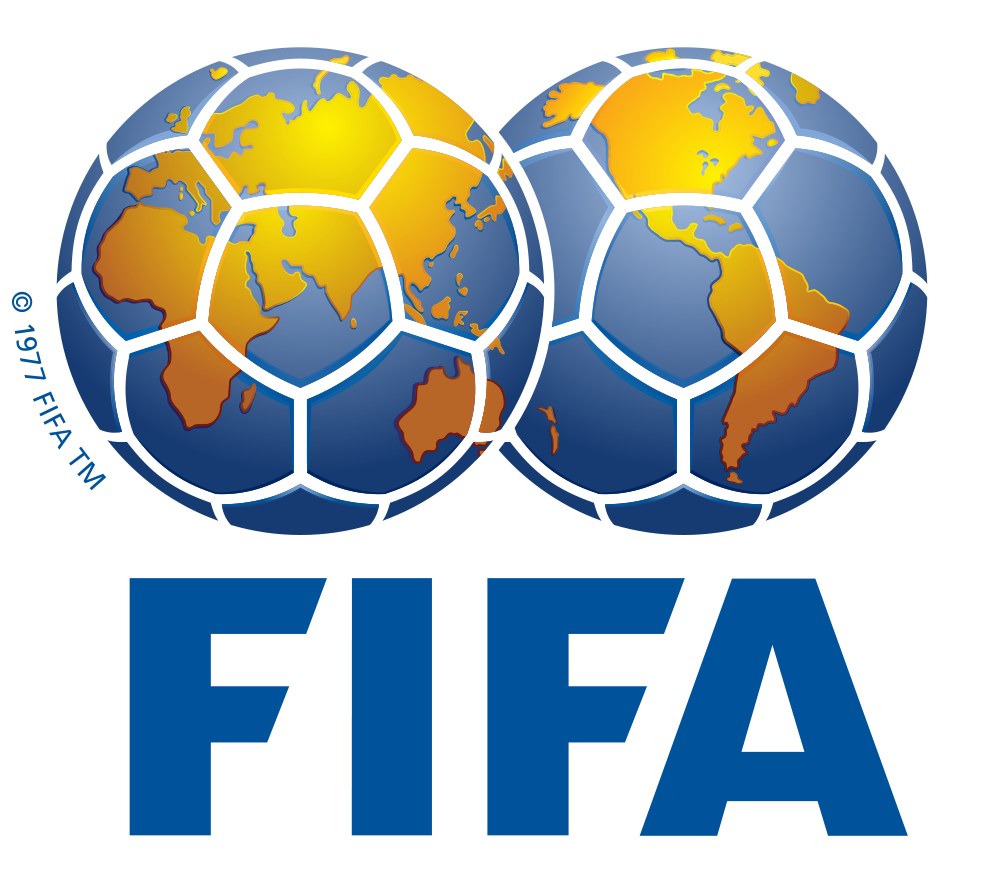
Die Fédération Internationale de Football Association (deutsch Internationaler Verband des Association Football), kurz FIFA oder Fifa, ist ein privater Verband, der „die Kontrolle des Association Football in all seinen Formen“ zum Zweck hat.[3] Der Weltfußballverband ist ein gemeinnütziger Verein im Sinne der Artikel 60 ff. des Schweizerischen Zivilgesetzbuches mit Sitz in Zürich und im Handelsregister eingetragen.[4][5][6] Die FIFA muss als nicht steuerbefreiter Verein im Kanton Zürich eine reduzierte Gewinnsteuer von 4 % entrichten.[1][2]
Die FIFA erwirtschaftet in ihrer aktuellen Vierjahresertragsperiode 5,66 Milliarden Dollar, die zu 89 % aus der Vermarktung der von ihr organisierten Männer-Fußball-WM stammen. Darüber hinaus organisiert sie auch die Frauen-Fußball-WM und zahlreiche weitere Turniere. Ihr Präsident ist Gianni Infantino.
国际足球联合会(法语:Fédération Internationale de Football Association;英语:International Federation of Association Football[注 1]),简称国际足联(FIFA),是管理英式足球、室内五人足球和沙滩足球的国际体育组织,下辖211个会员协会。总部设于瑞士苏黎世。现任主席为吉安尼·因凡蒂诺。国际足联负责组织世界重大足球赛事,当中最著名的是4年举行一次的世界杯。[3]
国際サッカー連盟(こくさいサッカーれんめい、仏: Fédération Internationale de Football Association)は、サッカー(アソシエーション式フットボール)の国際競技連盟であり、スイスの法律に基づいた自立法人である。略称はFIFA(フランス語発音: [fifa] フィファ、英語発音: [ˈfiːfə] フィーファ)。本部はスイスのチューリッヒに置かれている。
2018年時点で全211の国内競技連盟が加盟し[1]、国際競技連盟としては世界最大である[3]。FIFAワールドカップ・FIFA女子ワールドカップの主催が、もっとも大きな任務となっている。
The Fédération Internationale de Football Association[a] (FIFA /ˈfiːfə/ FEE-fə; French for International Federation of Association Football; Spanish: Federación Internacional de Fútbol Asociación; German: Internationaler Verband des Association Football) is a non-profit organization which describes itself as an international governing body of association football, fútsal, beach soccer, and efootball. It is the highest governing body of football.
FIFA was founded in 1904[3] to oversee international competition among the national associations of Belgium, Denmark, France, Germany, the Netherlands, Spain, Sweden, and Switzerland. Headquartered in Zürich, its membership now comprises 211 national associations. Member countries must each also be members of one of the six regional confederations into which the world is divided: Africa, Asia, Europe, North & Central America and the Caribbean, Oceania, and South America.
Today, FIFA outlines a number of objectives in the organizational Statues, including growing football internationally, providing efforts to ensure football is accessible to everyone, and advocating for integrity and fair play.[4] FIFA is responsible for the organization and promotion of football's major international tournaments, notably the World Cup which commenced in 1930 and the Women's World Cup which commenced in 1991. Although FIFA does not solely set the rules of football, that being the responsibility of the International Football Association Board of which FIFA is a member, it applies and enforces the rules across all FIFA competitions.[5] All FIFA tournaments generate revenue from sponsorship; in 2018, FIFA had revenues of over US $4.6 billion, ending the 2015–2018 cycle with a net positive of US$1.2 billion, and had cash reserves of over US$2.7 billion.[6]
Reports by investigative journalists have linked FIFA leadership with corruption, bribery, and vote-rigging related to the election of FIFA president Sepp Blatter and the organization's decision to award the 2018 and 2022 World Cups to Russia and Qatar, respectively. These allegations led to the indictments of nine high-ranking FIFA officials and five corporate executives by the U.S. Department of Justice on charges including racketeering, wire fraud, and money laundering. On 27 May 2015, several of these officials were arrested by Swiss authorities, who were launching a simultaneous but separate criminal investigation into how the organization awarded the 2018 and 2022 World Cups. Those among these officials who were also indicted in the U.S. are expected to be extradited to face charges there as well.[7][8][9] Many officials were suspended by FIFA's ethics committee including Sepp Blatter[10] and Michel Platini.[11] In early 2017 reports became public about FIFA president Gianni Infantino attempting to prevent the re-elections[12] of both chairmen of the ethics committee, Cornel Borbély and Hans-Joachim Eckert, during the FIFA congress in May 2017.[13][14] On 9 May 2017, following Infantino's proposal,[15] FIFA Council decided not to renew the mandates of Borbély and Eckert.[15] Together with the chairmen, 11 of 13 committee members were removed.[16]
La Fédération internationale de football association2 (souvent désignée par l'acronyme FIFA) est la fédération sportive internationale du football, du futsal et du football de plage. Association des fédérations nationales fondée le 21 mai 1904 à Paris, elle a pour vocation de gérer et de développer le football dans le monde. La Coupe du monde de football est créée en 1924 par Jules Rimet3, président de la fédération internationale de 1920 à 1954. Le terme Football Association est le nom originel du football, utilisé pour le distinguer des autres sports de ballon.
Fondée par les fédérations d'Allemagne, de Belgique, du Danemark, d'Espagne, de France, des Pays-Bas, de Suède et de Suisse, elle compte au 13 mai 2016 211 associations nationales affiliées à travers le monde, qui doivent être reconnues par l'une des six confédérations continentales. Son siège est situé depuis 1932 à Zurich, en Suisse.
Bien qu'étant officiellement une association à but non lucratif, la FIFA brasse un chiffre d'affaires très important du fait de l'organisation des compétitions et de leur sponsoring. En 2013, la FIFA génère 1,3 milliard de dollars de chiffre d'affaires, et dispose de réserves évaluées à 1,4 milliard de dollars4. La FIFA est chargée de l'organisation des grands tournois mondiaux, et notamment des Coupes du monde masculines, depuis le 13 juillet 1930, et féminines, depuis le 30 novembre 1991.
Après plusieurs années de rumeurs et d'enquêtes de journalistes sur les affaires financières au sein de la FIFA, notamment autour de l'attribution de l'organisation des Coupes du monde de 2018 et 2022 à la Russie et au Qatar, une enquête lancée par le département de la Justice des États-Unis pour des faits de corruption aboutit à un grand scandale en 2015, à la suite duquel le président Sepp Blatter, le 2 juin 2015, trois jours après sa réélection pour un cinquième mandat, annonce qu'il convoque un congrès extraordinaire, prévu en février 2016, afin de remettre son mandat de président à disposition. Le 8 octobre 2015, la commission d'éthique de la FIFA suspend Sepp Blatter de manière provisoire, pendant 90 jours5. Le 21 décembre 2015, la commission suspend Sepp Blatter pour 8 ans6. Cette suspension est ramenée à six ans le 24 février 2016, peu avant l'élection de son successeur, Gianni Infantino, le 26 février 2016.
La Fédération Internationale de Football Association (in italiano "Federazione internazionale di calcio"[Nota 1]), più nota con l'acronimo FIFA, è la federazione internazionale che governa gli sport del calcio, del calcio a 5 e del beach soccer. La sua sede si trova a Zurigo, in Svizzera, e il presidente è Gianni Infantino, eletto nel 2016.
La federazione fu fondata a Parigi il 21 maggio 1904 e si occupa dell'organizzazione di tutte le manifestazioni intercontinentali degli sport sopraccitati, tra le quali la più importante è sicuramente il Campionato mondiale di calcio, che premia il vincitore con il trofeo della Coppa del Mondo. Tale torneo viene disputato ogni quattro anni dal 1930, eccetto che per il 1942 e il 1946 a causa della Seconda guerra mondiale, e la federazione ha il compito di scegliere il paese organizzatore che ospita la fase finale della manifestazione.
La Fédération Internationale de Football Association2 (en español: Federación Internacional de Fútbol Asociación),3 universalmente conocida por sus siglas FIFA, es la institución que gobierna las federaciones de fútbol en todo el planeta. Se fundó el 21 de mayo de 1904 y tiene su sede en Zúrich, Suiza. Forma parte del IFAB, organismo encargado de modificar las reglas del juego. Además, la FIFA organiza la Copa Mundial de Fútbol, los otros campeonatos del mundo en sus distintas categorías, ramas y variaciones de la disciplina, y los Torneos Olímpicos a la par del COI.
La FIFA agrupa 211 asociaciones o federaciones de fútbol de distintos países, contando con 17 países afiliados más que la Organización de las Naciones Unidas, tres menos que la Asociación Internacional de Federaciones de Atletismo y dos menos que la Federación Internacional de Baloncesto.45
Междунаро́дная федера́ция футбо́ла[1] (фр. Fédération Internationale de Football Association, сокращённо FIFA, в русской транслитерации — ФИФА́) — главная футбольная организация, являющаяся крупнейшим международным руководящим органом в футболе, мини-футболе и пляжном футболе. Штаб-квартира ФИФА находится в швейцарском городе Цюрихе.
Под эгидой ФИФА проходят все футбольные турниры всемирного масштаба, в числе которых чемпионат мира ФИФА, аналогичный турнир среди женщин, молодёжные и юношеские турниры, Кубок конфедераций и клубный чемпионат мира.

 Disaster relief
Disaster relief

 Medical, Pharmaceutical, Rehabilitation
Medical, Pharmaceutical, Rehabilitation

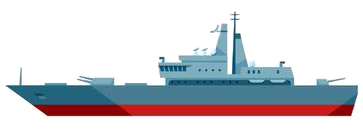
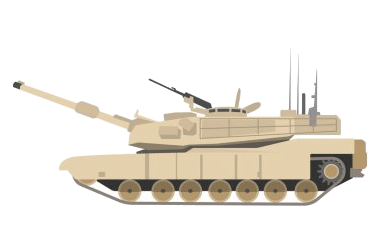
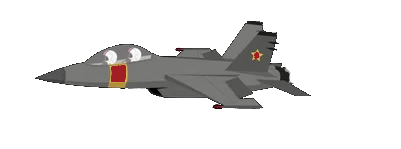
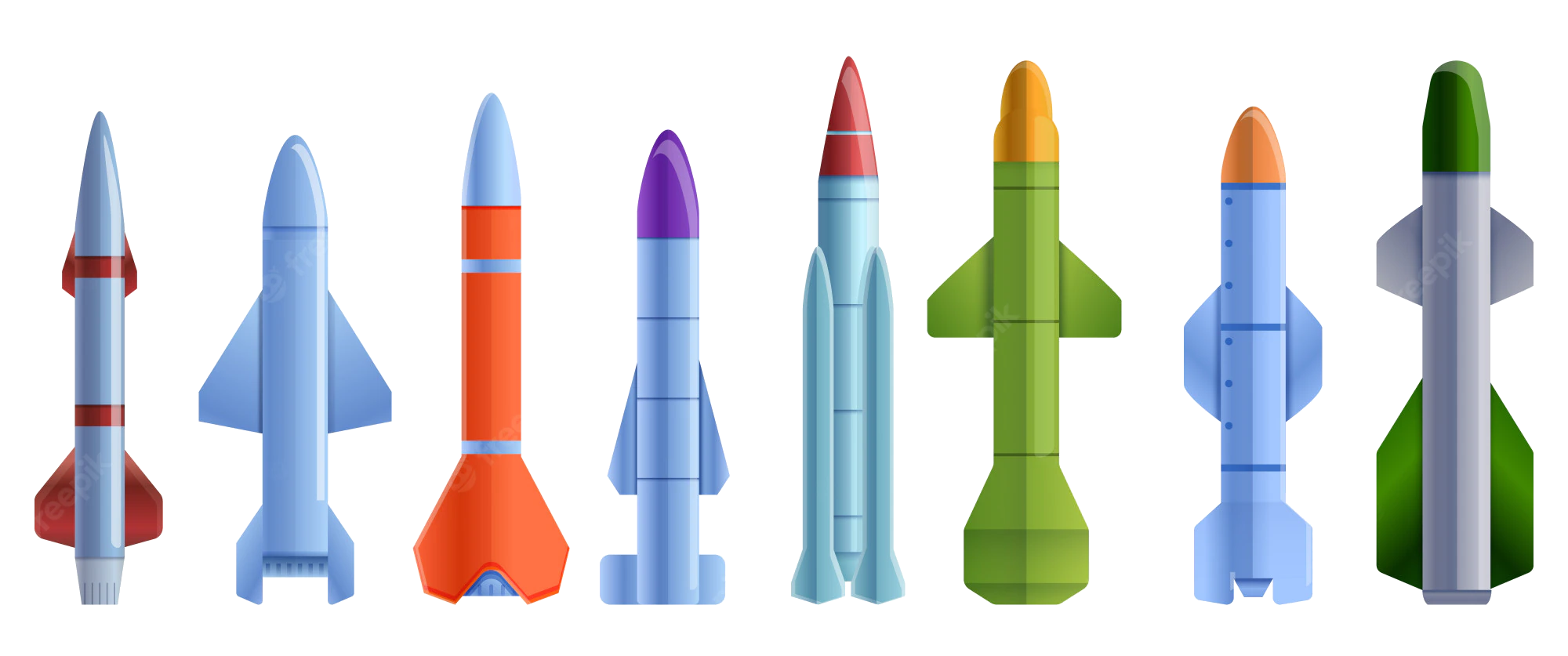 Military, defense and equipment
Military, defense and equipment
 Nobel prize
Nobel prize
 Nobel prize
Nobel prize
 1963
1963
 Nobel prize
Nobel prize
 Nobel Peace Prize
Nobel Peace Prize
 Nobel prize
Nobel prize
 1944
1944
 Useful info
Useful info

 Review
Review

 Important International Organizations
Important International Organizations

红十字国际委员会(法语:Comité International de la Croix Rouge, CICR;英语:International Committee of the Red Cross, ICRC)是一个总部设于瑞士日内瓦的人道主义机构。根据《日内瓦公约》以及习惯国际法的规定,国际社会赋予红十字国际委员会特权和法律豁免权,保护国内武装冲突和国际性武装冲突的受难者。这些受难者包括战伤者、战俘、难民、平民和其他非战斗员。
红十字国际委员会的委员只能是瑞士公民,而且新委员由委员会推选。长期以来,红十字国际委员会的雇员只能是瑞士公民,并特别强调以日内瓦市民、白人、男性、新教徒为主。但自1990年代初以来,红十字国际委员会开始聘用非瑞士籍员工。长期以来,瑞士官方认定红十字国际委员会为私人机构。1993年3月19日,瑞士政府和红十字国际委员会签署了一份正式协议,保护红十字国际委员会在瑞士的财产豁免权、委员及其员工的法律豁免权,免除各项税费,提供与外国使馆同等级别的安全通讯特权并简化红十字国际委员会在瑞士的出入境手续。
根据瑞士法律,红十字国际委员会被定义为私人协会。与普遍看法相反,红十字国际委员会不是一个最常见的非政府组织,也不是一个国际组织。由于它仅向瑞士国民限制其成员(称为合作的过程),因此对于像其他法律界定的非政府组织这样的个人而言,它没有公开和不受限制的成员资格政策。其名称中的“国际”一词并不是指其成员资格,而是指日内瓦公约所界定的其活动的全球范围。红十字国际委员会根据这些国家的法律或通过委员会与各自国家政府之间的协议,在许多国家享有特权和法律豁免权。
红十字国际委员会与红十字会与红新月会国际联合会(下文简称“联合会”)以及190个国家红十字/红新月/红水晶会共同组成国际红十字与红新月运动。根据1997年的塞维利亚协议,在武装冲突中红十字国际委员会是占主导地位的红十字组织;在非冲突情况下,联合会为运动的领导机关。
红十字国际委员会是运动中历史最为悠久且最负盛誉的组织,它也是世界上获得最广泛认可的组织之一,并在1917年、1944年和1963年三次荣获诺贝尔和平奖。而红十字会的创办人亨利·杜南则在1901年荣获首届诺贝尔和平奖。
Die Internationale Rotkreuz- und Rothalbmond-Bewegung umfasst das Internationale Komitee vom Roten Kreuz (IKRK) (englisch offiziell International Committee of the Red Cross (ICRC)), die Internationale Föderation der Rotkreuz- und Rothalbmond-Gesellschaften (englisch offiziell International Federation of Red Cross and Red Crescent Societies (IFRC)) sowie die nationalen Rotkreuz- und Rothalbmond-Gesellschaften.[1] Das IKRK und die Internationale Föderation sind voneinander organisatorisch und rechtlich unabhängig und innerhalb der Bewegung durch gemeinsame Grundsätze, Ziele und Symbole miteinander verbunden. Als Föderation der nationalen Rotkreuz- und Rothalbmond-Gesellschaften wird die Internationale Föderation der Rotkreuz- und Rothalbmond-Gesellschaften von den 191 Mitgliedsorganisationen gesteuert und ist nicht von ihnen unabhängig.[2] Die weltweit gleichermaßen geltende Mission der Bewegung – unabhängig von staatlichen Institutionen und auf der Basis freiwilliger Hilfe – sind der Schutz des Lebens, der Gesundheit und der Würde sowie die Verminderung des Leids von Menschen in Not ohne Ansehen von Nationalität und Abstammung oder religiösen, weltanschaulichen oder politischen Ansichten der Betroffenen und Hilfeleistenden.
Das auf Anregung von Henry Dunant 1863 gegründete Internationale Komitee vom Roten Kreuz (IKRK) besteht aus bis zu 25 Schweizer Staatsbürgern, ist die älteste internationale medizinische Hilfsorganisation[3] und die einzige Organisation, die im humanitären Völkerrecht erfasst und als dessen Kontrollorgan genannt ist. Es ist die älteste Organisation der Bewegung und neben dem Heiligen Stuhl sowie dem Souveränen Malteser-Ritterorden eines der wenigen originären nichtstaatlichen Völkerrechtssubjekte. Seine ausschließlich humanitäre Mission ist, basierend auf den Prinzipien der Unparteilichkeit, Neutralität und Unabhängigkeit, der Schutz des Lebens und der Würde der Opfer von Kriegen und innerstaatlichen Konflikten.
Die Internationale Föderation der Rotkreuz- und Rothalbmond-Gesellschaften, Nachfolgeorganisation der 1919 entstandenen Liga der Rotkreuz-Gesellschaften, koordiniert innerhalb der Bewegung die Kooperation zwischen den nationalen Rotkreuz- und Rothalbmond-Gesellschaften und leistet Unterstützung beim Aufbau neuer nationaler Gesellschaften. Auf internationaler Ebene leitet und organisiert sie, in Zusammenarbeit mit den nationalen Gesellschaften, Hilfsmissionen nach nicht kriegsbedingten Notsituationen wie zum Beispiel Naturkatastrophen und Epidemien.
Die nationalen Rotkreuz- und Rothalbmond-Gesellschaften sind Organisationen in fast allen Ländern der Welt, die jeweils in ihrem Heimatland im Sinne des humanitären Völkerrechts sowie der Statuten der Internationalen Bewegung tätig sind und die Arbeit des IKRK sowie der Föderation unterstützen. Ihre wichtigsten Aufgaben in ihren Heimatländern sind die Katastrophenhilfe und die Verbreitung der Genfer Konventionen. Im Rahmen ihrer Möglichkeiten können sie darüber hinaus weitere soziale und humanitäre Aufgaben wahrnehmen, die nicht unmittelbar durch völkerrechtliche Bestimmungen oder die Prinzipien der Bewegung vorgegeben sind. Hierzu zählen in vielen Ländern beispielsweise das Blutspendewesen und der Rettungsdienst sowie die Altenpflege und andere Bereiche der Sozialarbeit.
Von der Gründung im Jahr 1928 als Dachorganisation des IKRK und der Föderation bis zur Umbenennung 1986 lautete der offizielle Name der Bewegung Internationales Rotes Kreuz. Diese bis in die Gegenwart weit verbreitete Bezeichnung und die daraus resultierende Abkürzung IRK sollten jedoch nach Möglichkeit nicht mehr verwendet werden, da sie zu Problemen bei der Unterscheidung zwischen dem IKRK und der Föderation in der öffentlichen Wahrnehmung führen können.

 Disaster relief
Disaster relief

 Medical, Pharmaceutical, Rehabilitation
Medical, Pharmaceutical, Rehabilitation




 Military, defense and equipment
Military, defense and equipment
 Nobel prize
Nobel prize
 Nobel prize
Nobel prize
 1963
1963
 Nobel prize
Nobel prize
 Nobel Peace Prize
Nobel Peace Prize

 Review
Review
 Switzerland
Switzerland

 Important International Organizations
Important International Organizations
红十字会与红新月会国际联合会(英语:International Federation of Red Cross and Red Crescent Societies, IFRC;阿拉伯语:الإتحاد الدولي لجمعيات الصليب الأحمرِ والهلال الأحمرِ;初创时名为红十字会联盟,旧译作“国际红十字协会”,英语:League of Red Cross Societies)是一个国际人道主义组织,与红十字国际委员会(ICRC)、各国家协会(红十字会或红新月会)共同组成了国际红十字与红新月运动[1]。该组织成立于1919年,总部设在瑞士日内瓦。它负责协调各国家协会的活动,以“通过动员人道力量改善弱势群体的生活”[2]。在国际层面上,该联合会与国家协会密切合作,领导和组织大规模紧急救援。该组织于1963年获得诺贝尔和平奖。
一般而言,依照七项基本原则(见下文)中的“普遍”原则,几乎所有国家都有国家协会(红十字会或红新月会),而在“统一”原则下,一个国家只有一个国家协会[来源请求]。由亨利·杜南创立的“红十字国际委员会”依照《日内瓦公约》及相关议定书的规定,提供战俘人道协助、监察战俘待遇。“红十字会与红新月会国际联合会”则负责协调国家协会,跨国救援和平时期的受害者。
红十字会与红新月会国际联合会及红十字国际委员会现在都是联合国的观察员。
Die Internationale Föderation der Rotkreuz- und Rothalbmondgesellschaften (IFRC) ist eine weltweite Organisation für humanitäre Hilfe, die über ihre 191 nationalen Mitgliedsgesellschaften jährlich 160 Millionen Menschen erreicht. Sie wird vor, während und nach Katastrophen und gesundheitlichen Notlagen tätig, um die Bedürfnisse der bedürftigen Menschen zu erfüllen und ihre Lebensbedingungen zu verbessern. Sie tut dies unabhängig und unparteiisch in Bezug auf Nationalität, Ethnie, Geschlecht, religiöse Überzeugungen, Klasse und politische Ansichten.
Die IFRC ist zusammen mit dem Internationalen Komitee vom Roten Kreuz (IKRK) und 191 nationalen Gesellschaften Teil der internationalen Rotkreuz- und Rothalbmondbewegung. Die Stärke der IFRC liegt in ihrem Netzwerk von Freiwilligen, ihrem Fachwissen auf Gemeindeebene sowie ihrer Unabhängigkeit und Neutralität. Sie setzt sich für die Verbesserung der humanitären Standards ein, als Partner in der Entwicklung und bei der Reaktion auf Katastrophen. Sie überzeugt die Entscheidungsträger, im Interesse der bedürftigen Menschen zu handeln. Sie arbeitet daran, gesunde und sichere Gemeinschaften zu ermöglichen, Schwachstellen zu verringern, die Widerstandsfähigkeit zu stärken und eine Kultur des Friedens in der ganzen Welt zu fördern.


Die Organisation des Vertrags über kollektive Sicherheit, kurz: OVKS (russisch Организация Договора о коллективной безопасности – ОДКБ Organisazija Dogowora o Kollektiwnoi Besopasnosti – ODKB; englisch Collective Security Treaty Organization – CSTO), ist ein im Jahre 2002 auf Grundlage des 1992 geschlossenen Vertrages über kollektive Sicherheit (VKS) gegründetes Militärbündnis zwischen mehreren früheren Mitgliedsstaaten der Sowjetunion, das von Russland angeführt wird. Oberstes Organ der OVKS ist der Rat für kollektive Sicherheit.
集体安全条约组织(英语:Collective Security Treaty Organization,简称为CSTO;俄语:Организация Договора о Коллективной Безопасности,缩写作 ОДКБ)是1992年5月15日签署的政府间军事联盟。1992年独立国家联合体中的六个国家俄罗斯、亚美尼亚、哈萨克斯坦、吉尔吉斯斯坦、塔吉克斯坦和乌兹别克斯坦签署了“集体安全条约”(也称为“塔什干条约”)。[1] 另外三个国家阿塞拜疆、白俄罗斯和格鲁吉亚在第二年签署了该条约,并于1994年生效。五年后,9个国家中除阿塞拜疆、格鲁吉亚和乌兹别克斯坦以外,其他6个同意将该条约再延长5年,2002年,这6个国家同意建立集体安全条约组织,作为一个军事联盟。乌兹别克斯坦于2006年重新加入集体安全条约组织,但于2012年退出。
 Antigua and Barbuda
Antigua and Barbuda
 Bahamas
Bahamas
 Barbados
Barbados
 Belize
Belize
 Caribbean Community and Common Market,CARICOM
Caribbean Community and Common Market,CARICOM
 Andrew Holness
Andrew Holness
 Dominica
Dominica
 Grenada
Grenada
 Guyana
Guyana
 Jamaika
Jamaika
 Montserrat
Montserrat
 Republik Haiti
Republik Haiti
 Saint Kitts and Nevis
Saint Kitts and Nevis
 St. Lucia
St. Lucia
 St. Vincent and the Grenadines
St. Vincent and the Grenadines
 Suriname
Suriname
 Trinidad und Tobago
Trinidad und Tobago

 Important International Organizations
Important International Organizations

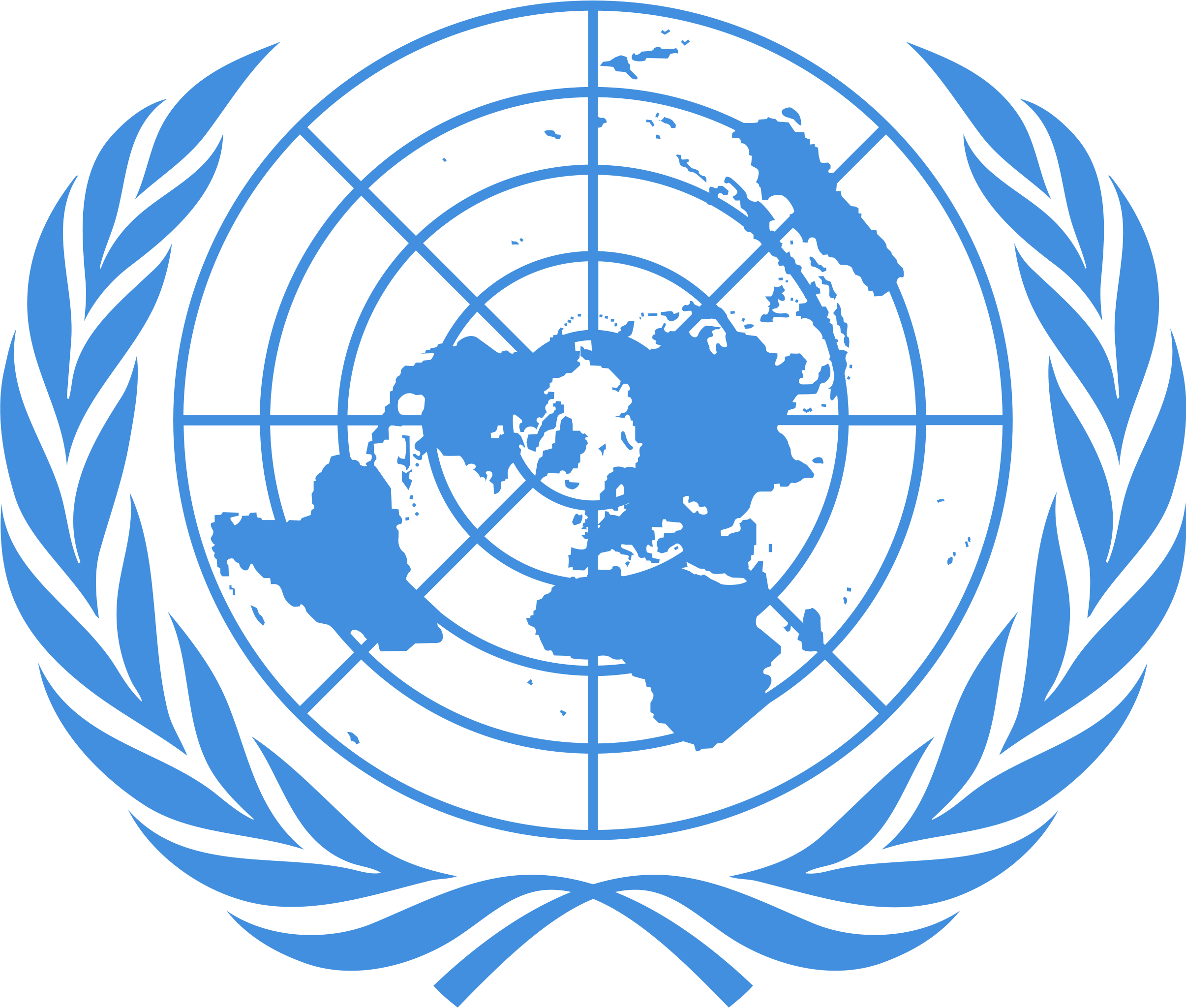 United Nations
United Nations
 Eat and Drink
Eat and Drink
 Party and government
Party and government
 Hand in Hand
Hand in Hand